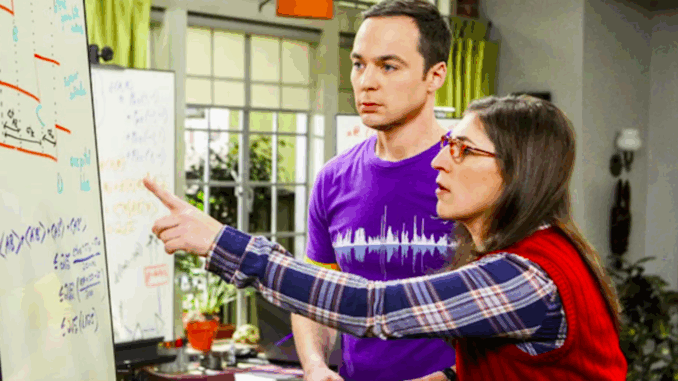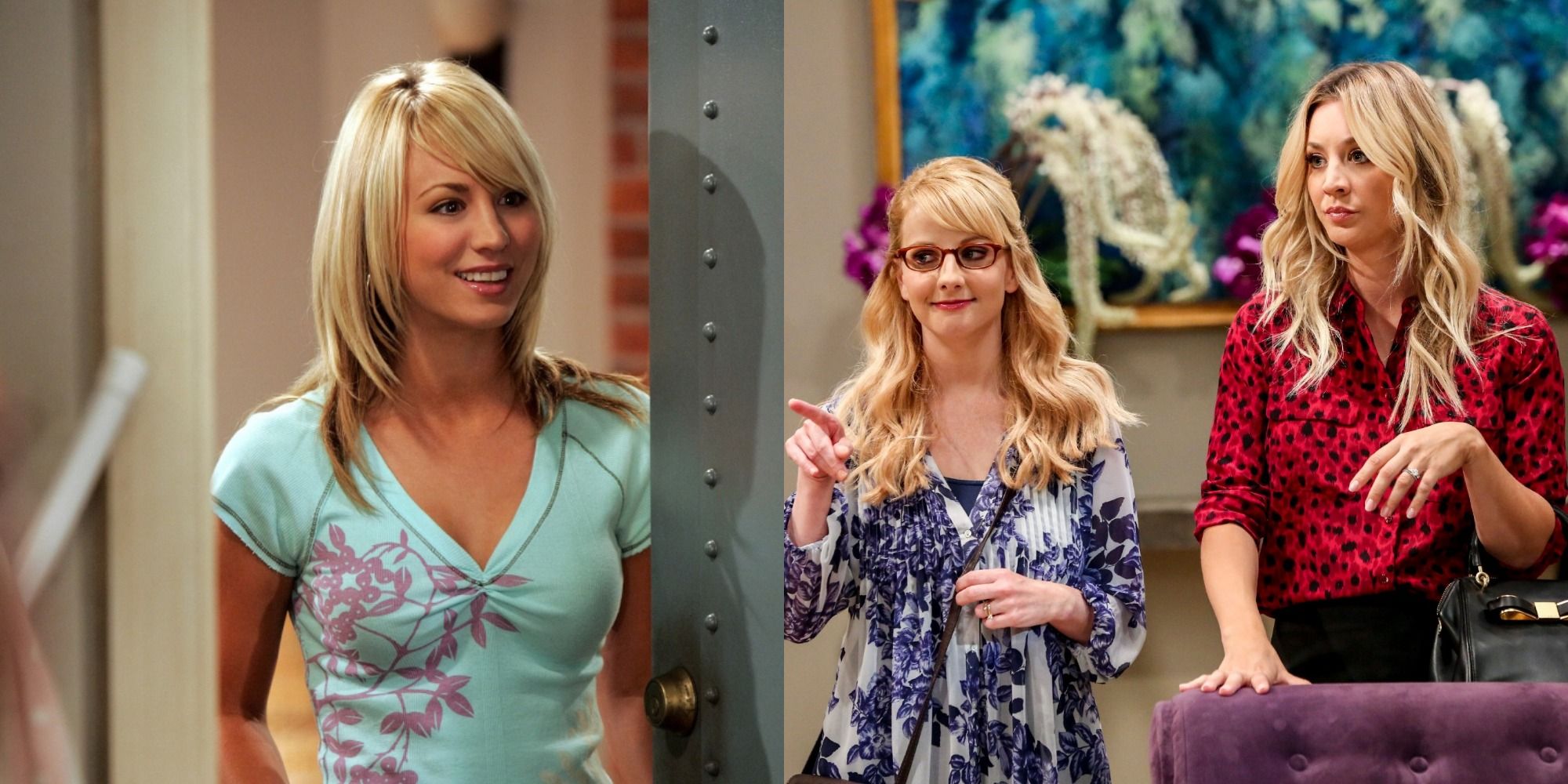
From waitress to career woman, Penny’s journey was never about science — it was about heart
When The Big Bang Theory first aired in 2007, Penny (played by Kaley Cuoco) was presented as the stereotypical “hot girl next door.” She didn’t have a Ph.D. or wear a lab coat. She wasn’t quoting Star Trek or building killer robots. But by the time the sitcom ended in 2019, Penny had become its emotional anchor — the character who arguably changed the show’s dynamic more than any other.
The outsider who brought the group together
Unlike Sheldon, Leonard, Raj, and Howard, Penny didn’t come from academia. She was a struggling actress and Cheesecake Factory waitress from Omaha. Her initial role in the story was to be Leonard’s crush — and to serve as the audience’s proxy for the geeky jargon and comic book references flying around the boys’ apartment.
But Penny quickly proved she wasn’t just comic relief. Her empathy, street smarts, and emotional intelligence added depth to a show that could have been buried in science puns and equations. She was the one who pushed the guys to grow socially, taught Sheldon basic human interaction, and reminded Leonard there was life beyond the lab.
Breaking the mold

Kaley Cuoco’s portrayal of Penny was groundbreaking in that it evolved beyond its early tropes. Over 12 seasons, she went from a dream-chasing actress to a confident pharmaceutical sales rep. Unlike her male counterparts, Penny didn’t need a doctorate to feel secure in her success — and that message resonated with many fans.
The show also tackled realistic tensions in her relationship with Leonard. Penny’s hesitation about marriage, her struggles with self-worth, and later, her conflicted feelings about motherhood weren’t just played for laughs — they reflected real challenges many women face.
A quiet feminist arc
While The Big Bang Theory was often critiqued for its early treatment of women, Penny’s arc became surprisingly feminist. She refused to be defined by her lack of academic credentials. She learned to stand her ground with Sheldon. And in the final season, when she made the decision not to have children (until the finale twist), it ignited online debates about women’s autonomy and choice.
Her character proved that “smart” takes many forms — and that emotional intelligence can be just as powerful as IQ.